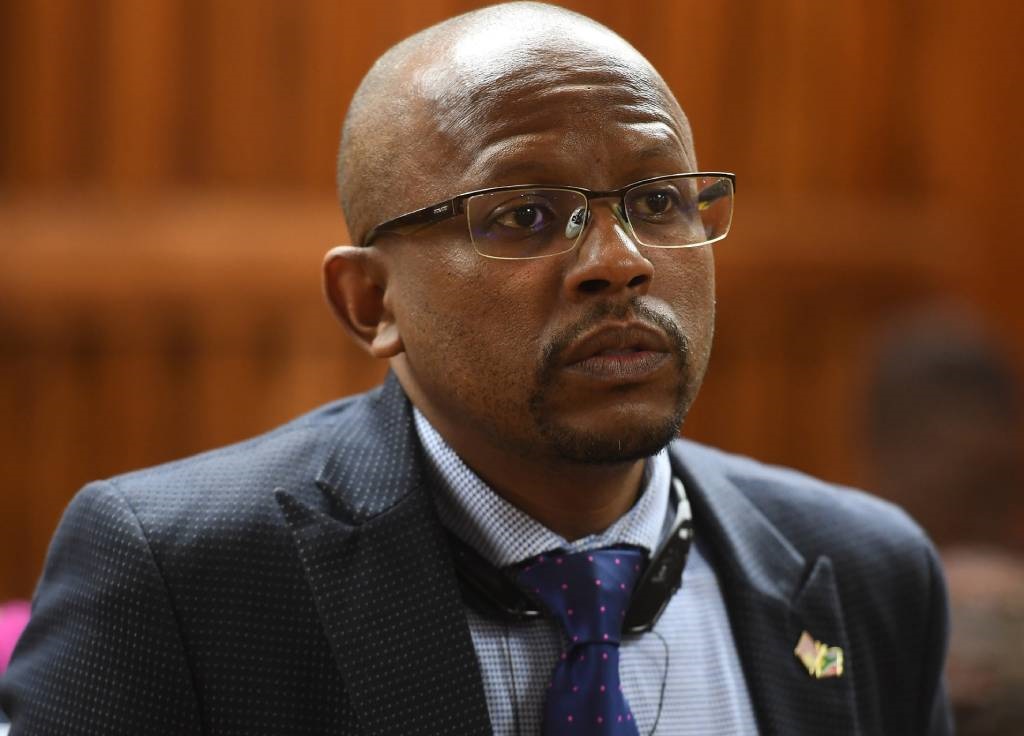South African analyst Sello Hatang has drawn sharp parallels between the current situation in Iran and past Western-led military actions in Iraq and Libya. He argues that the push for regime change is a recurring historical theme, one that consistently fails to deliver stability and instead leaves nations in turmoil.
Hatang, the executive director of Re Hata Mmoho, contends that global powers, particularly in the West, follow a predictable playbook. “What we have is same script, just different acts,” Hatang stated. “The actors just change, but the script is the same.”
He points to the 2003 invasion of Iraq, which was justified by claims of weapons of mass destruction that were later proven false, and the 2011 intervention in Libya, which led to the death of Muammar Gaddafi and plunged the country into a state of protracted chaos. “Those people who left you with chaos are nowhere to be found,” he observed, highlighting the lack of long-term accountability from intervening powers.
The discussion around intervention in Iran has intensified following recent US military actions and statements from officials. While former President Donald Trump has made conflicting remarks, at times floating the idea of intervention and at others disavowing it by saying it would lead to chaos, the possibility remains a point of serious contention. This echoes calls from figures like Reza Pahlavi, the son of the last Shah of Iran, who has openly advocated for a change in government.
SMread: Frustrated Youth Confront Broken Promises in Kenya
The Perils of a Familiar Playbook
Hatang is deeply critical of the justifications often used for such interventions, noting that phrases like “terrorism and weapons of mass destruction… will haunt us forever because that’s all, it’s a scarecrow that’s used to ensure that we just capitulate.” He argues that the West unilaterally “determines the direction of the global community… who has peace and who doesn’t.”
This power dynamic, he suggests, allows influential leaders like George W. Bush and Tony Blair to be regarded as “global statesmen” despite their roles in conflicts that destabilised entire regions.
Analysts like Christopher S. Chivvis from the Carnegie Endowment for International Peace echo these concerns, pointing out that the history of US-led interventions is fraught with unintended consequences. From the 1953 overthrow of Mohammad Mosaddegh in Iran, which sowed the seeds for the current government, to the more recent “colour revolutions” that failed to produce stable democracies, the track record is poor. The idea that a country’s political order can be reshaped through military force alone is described as an “illusion.”
Hatang asserts that this model of externally forced regime change has “never been effective anywhere in the world.” He questions the logic that removing a single leader can solve a nation’s complex problems, a strategy he believes is being considered for Iran. “I still don’t understand why we still have leaders who believe that by killing the head of the state… you’ve solved the problems of Iran. That has never helped.”
He draws a direct line from the historical assassinations of leaders like Patrice Lumumba and Thomas Sankara to the prolonged difficulties their countries have faced. For Hatang, the world is not necessarily falling for the narrative but often feels “disempowered to do anything about it, even though they can see the script for what it is.” The push for regime change in Iran, he concludes, is not a new strategy for peace but a repetition of a failed and destructive historical pattern.
Image via News24.
